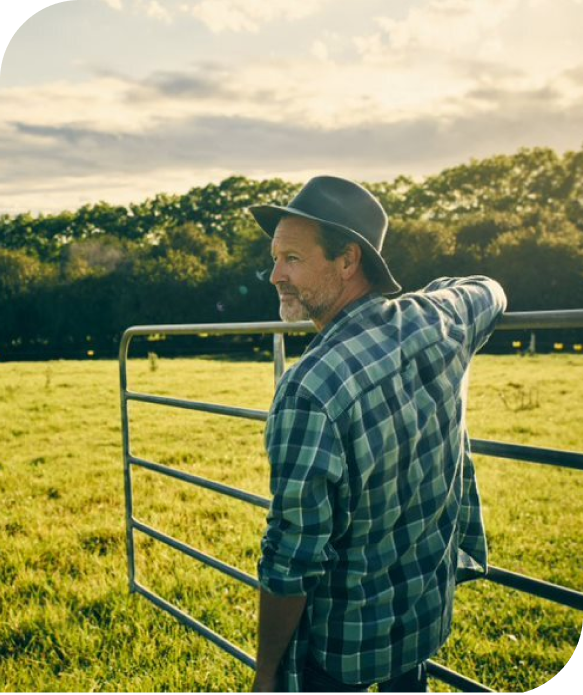Our businesses are connected to a new type of energy
We add social and environmental benefits to the biofuel production chain and help expand Brazil’s contribution to the global effort in the fight climate change, increasing the supply of renewable energy sources.
The monitoring of environmental aspects in our direct operations is complemented by proactive actions and partnerships with suppliers and customers, all of which help promote the expansion of positive impacts across the production chain.
These actions are governed by our Social and Environmental Responsibility Policy in the Supply Chain and Sales Channels, with guidelines on how to assess and monitor social and environmental impacts on agribusiness.














